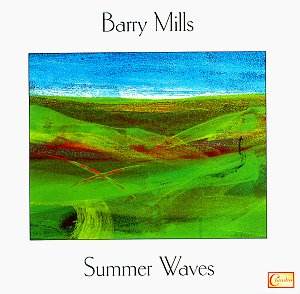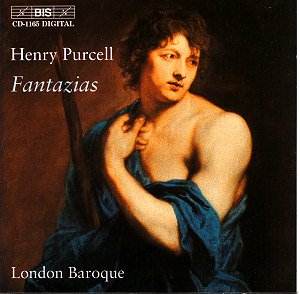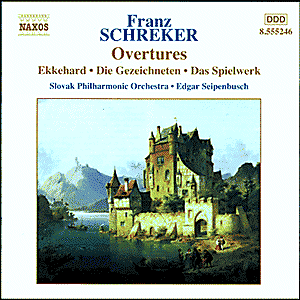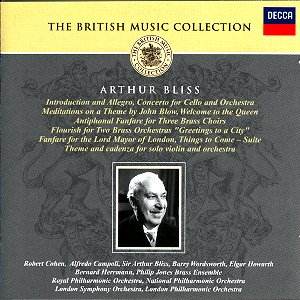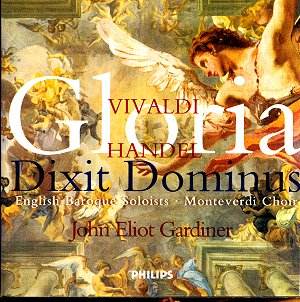 Composer: Georg Friedrich Handel
Composer: Georg Friedrich Handel
Works: Gloria in Excelsis Deo, Dixit Dominus, Gloria (Vivaldi)
Performers: Monteverdi Choir, English Baroque Soloists, John Eliot Gardiner; Gillian Keith, Soprano
Recording: Rec: November 1998 (Vivaldi Gloria and Handel Dixit Dominus), June 2001 (Handel Gloria), All Hallows Church, Gospel Oak, London
Label: Philips
The recent revival of interest in Handel’s early vocal works, particularly with the discovery of the Gloria in Excelsis Deo (HWV deest), invites both excitement and scrutiny. This 16-minute piece, which had languished in obscurity, is now authenticated and attributed to Handel, showcasing his early stylistic development during a fertile period in Hamburg and Italy from 1706 to 1708. The work, with its virtuosic demands on the soprano and intricate interplay between voice and instruments, provides a rich context for examining Handel’s burgeoning genius, particularly in its melodic complexity and emotional expressiveness.
Gillian Keith’s interpretation of the Gloria is marked by a clear vocal agility, especially in the opening movement, “Gloria in excelsis Deo,” where her soprano ascends and descends through Handel’s intricate lines with commendable dexterity. However, while Keith’s technical execution is commendable, she lacks the vocal heft and expressive depth that Emma Kirkby brings to the role in the earlier Bis recording. The contrasting timbres of the two sopranos become particularly pronounced in the central movement, “Qui tollis,” where the emotional weight of the text requires a more commanding presence. Keith delivers an earnest performance, yet one cannot help but feel that her interpretation falls short of the dramatic intensity that Kirkby achieves, particularly in her ability to channel the poignant text through nuanced dynamic shading.
The recording quality under John Eliot Gardiner’s direction captures the vibrant dialogue between the voice and the accompanying strings, with the Monteverdi Choir providing a solid foundation. The blend of sound is well-engineered, allowing the listener to appreciate the intricate counterpoint that Handel employs, especially in the “Qui tollis.” The sonority of the ensemble complements Keith’s voice, yet the overall effect can at times feel more subdued compared to the more extroverted orchestral colors in Vivaldi’s Gloria, which, included in this disc, brims with vivacity and joyful exuberance.
While the juxtaposition of Handel’s and Vivaldi’s Glorias serves to highlight the differing approaches to sacred music of the Baroque period, the inclusion of Dixit Dominus further enriches this recording. Gardiner elicits a powerful performance from the choir, underscoring the text’s rhetorical nature. The choral sections are executed with precision and fervor, showcasing Handel’s masterful ability to weave complex vocal lines into a cohesive whole. The engineering captures the choral richness without losing the clarity necessary for such intricate works.
The decision to include a work like Gloria in Excelsis Deo alongside Vivaldi’s and Handel’s established masterpieces provides a valuable opportunity for listeners to engage with the lesser-known yet equally compelling facets of Handel’s oeuvre. Despite Gillian Keith’s commendable efforts, the performance does not surpass the benchmark set by Emma Kirkby in the Bis recording. Nonetheless, this disc offers a worthwhile exploration of Baroque choral music and should appeal to those seeking to expand their understanding of Handel’s early works while enjoying the robust performances of the Monteverdi Choir and English Baroque Soloists.
